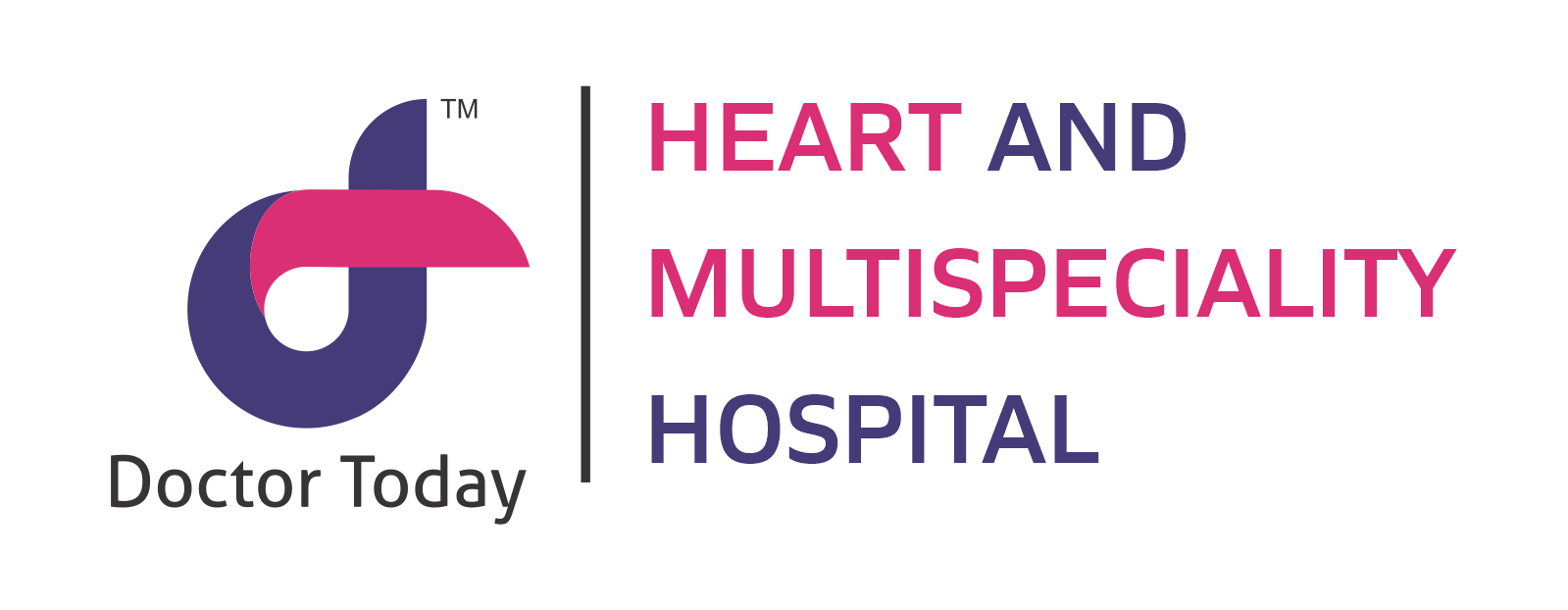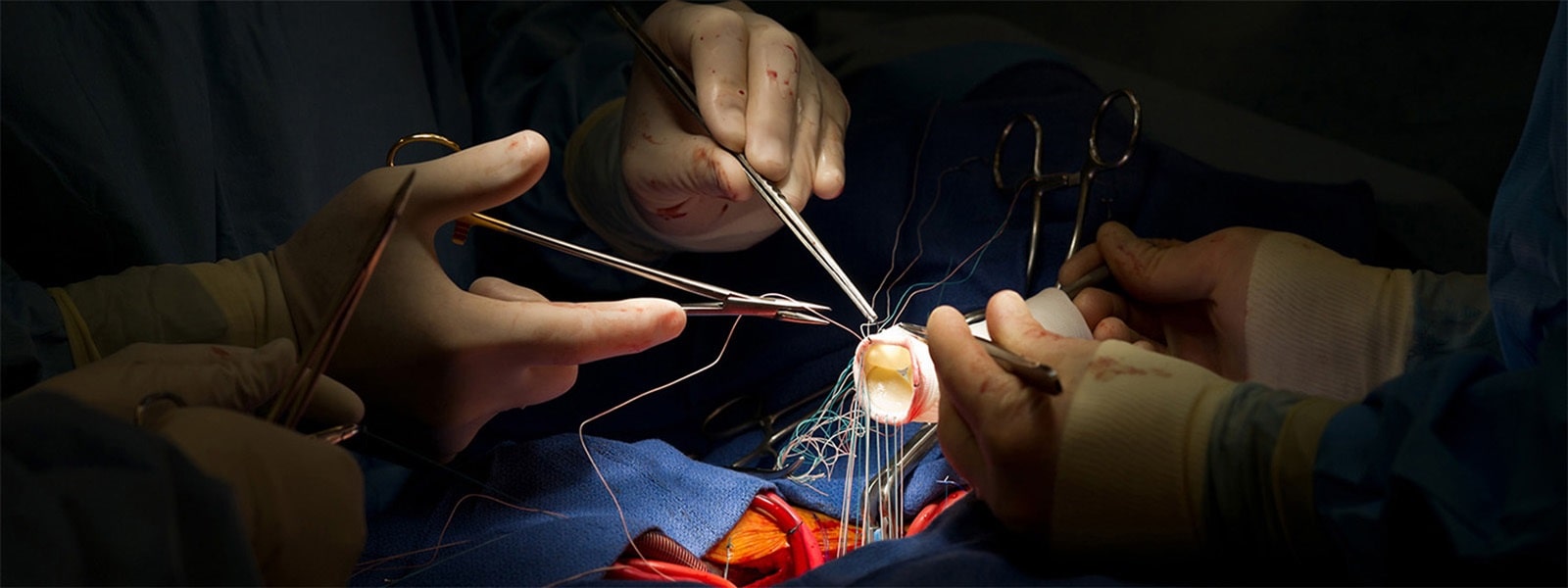Cardiothoracic & Vascular Surgery
Our team of Heart Specialists are highly skilled and experienced in Cardiac Surgeries.
The Cardiac Surgery Department at Doctor Today specializes in all kinds of cardiac surgery and renowned for dealing with complex heart problems. Innovative techniques and multiple specialists give patients (adult and children including new-borns), the advantage of superior therapies and preventive care for disorders of the heart and vascular system (blood vessels).
The expertise of our cardiac surgeons extends to surgery for heart failure, Aneurysms & Pulmonary Embolisms, Coronary Artery Bypass Grafting as well as Ross and Homograft Procedures. Doctor Today has carved a niche in addressing Complex Valve Repair surgeries too. The success rate in cardiac surgeries is among the highest.
Standards of Treatment
We provide standard treatment and latest medical technology with best facility in our clinic.
Standards of Treatment
We provide standard treatment and latest medical technology with best facility in our clinic.
Standards of Treatment
We provide standard treatment and latest medical technology with best facility in our clinic.
Standards of Treatment
We provide standard treatment and latest medical technology with best facility in our clinic.
Medical laboratory and specialists services
Lorem ipsum dolor sit amet consectetur adipiscing elit sed do eiusmod tempor incididunt.
- Routine and medical care
- Excellence in Healthcare every
- Building a healthy environment.
- Routine and medical care
- Excellence in Healthcare every

Cardiac Surgery - FAQ's
What is cardiac surgery?
Cardiac surgery or cardiovascular surgery refers to any procedure done on the heart muscles, valves and other large arteries connected to the heart.
Few types of cardiac surgeries include:
- Heart bypass surgery
- Heart Transplant
- Correcting heart defects present at birth
Can open heart surgery cause sleeplessness?
Doctors say that some patients may have trouble sleeping during the nights but it’s important to take as much rest as possible. Some of the suggestions made my doctors for this are:
- Avoid consumption of caffeine especially during the evenings
- Take medication half an hour before you go to bed
- Arrange pillows to avoid any kind of muscle strain
What are the different types of heart surgery?
- Coronary Artery Bypass Grafting – During a CABG, a healthy artery or vein from the body is linked to the blocked coronary artery forming a new path for blood to flow to the heart muscle.
- Heart valve repair or replacement – Blood to the heart flows through the heart’s valves that have an individual set of flaps called leaflets. Surgery help fix leaflets that don’t close tightly.
- Arrhythmia treatment – If the heart rate is abnormal then, doctors suggest surgeries to implant a pacemaker or an implantable cardioverter-defibrillator (ICD)
- Heart transplant – A surgery to replace a diseased heart with a healthy heart from a deceased donor.
What complications could arise after open-heart surgery?
Open heart surgery poses a few complications and they include:
- Blood clots leading to a heart attack or stroke
- Excessive bleeding
- Infection triggered by diabetes or obesity
- Kidney failure
- Pneumonia
- Breathing problem
- Fever
- Unclear memory
- Arrhythmias
What are the first steps to take in case of a heart attack?
Once diagnosed, a heart attack must be treated immediately. The treatment methods include both drugs and surgical procedures. Few of the immediate steps or medications for a heart attack can include:
- Aspirin – Aspirin reduces blood clotting thus sustaining blood flow through a tapered artery
- Thrombolytics – These drugs dissolve any blood clot that’s blocking the blood flow to your heart
- Nitro-glycerine – Nitro-glycerine treats chest pain and enables improved blood flow by enlarging the blood vessels.
- Statins – Statins help regulate blood cholesterol
How long does it take to recover from a heart attack?
The survival rate in a heart attack can depend on the severity of the condition and the treatment offered. After surviving one, adhering to the correct form of treatment and lifestyle can reduce the odds of another attack. Doctors recommend holding off on any sort of physical activity for at least 2-3 weeks. With the doctor’s approval, the patient may include light exercising and a better, healthier and moderate diet to their routine.

